On This Day in 2011: Virender Sehwag’s One Man Show Leads Delhi Daredevils to Victory Over Deccan Chargers
Openers from Delhi scoring record-breaking centuries has long been a trend in the IPL, and on 5th May 2011, Virender Sehwag added another iconic chapter. In a league-stage clash against the Deccan Chargers, Sehwag produced one of the most destructive innings in IPL history, smashing 119 runs off just 56 balls while chasing a target of 176.
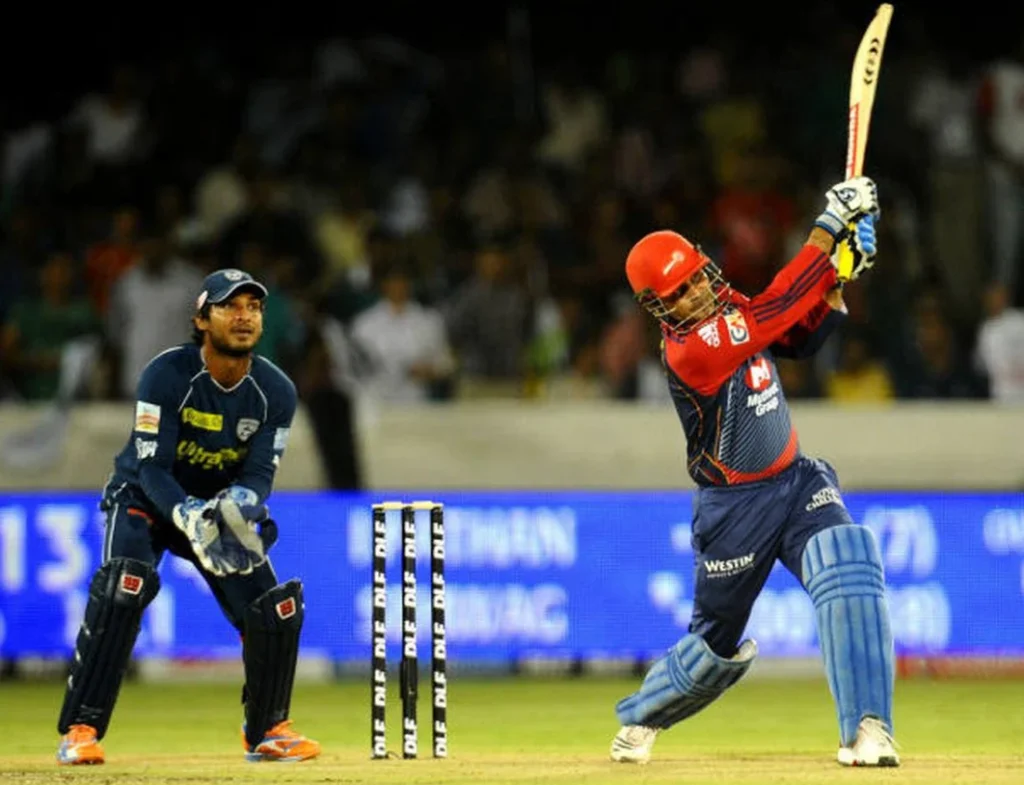
His knock alone contributed 68 per cent of Delhi Daredevils’ total, showcasing his dominance and fearless stroke play. Thanks to Sehwag’s brilliance at the top, Delhi chased down the target with ease, securing a vital two points in the tournament.
Deccan Chargers vs Delhi Daredevils: 5th May 2011
The 46th match of IPL 2011, between Delhi Daredevils and Deccan Chargers, was a memorable encounter at the Rajiv Gandhi International Stadium in Hyderabad as the match, held on May 05, 2011, saw a breathtaking display of batting brilliance from Virender Sehwag, whose explosive knock of 119 off 56 balls was the cornerstone of Delhi Daredevils’ chase of 175/5 posted by Deccan Chargers and Delhi Daredevils eventually won the match by four wickets, with a score of 179/6 in 19 overs.
Deccan Chargers, led by Kumar Sangakkara, won the toss and chose to bat first, hoping to post a competitive total as Delhi Daredevils, captained by Sehwag, were eager to bounce back from earlier inconsistencies in their campaign while the Chargers had a strong batting lineup, featuring Shikhar Dhawan, Ravi Teja, JP Duminy, and Kumar Sangakkara as Delhi, on the other hand, relied on their pace duo of Irfan Pathan and Ajit Agarkar, alongside Morne Morkel, to make early breakthroughs.
Deccan Chargers opened their innings with Shikhar Dhawan and Ravi Teja. The duo got off to a steady start, with Dhawan taking the lead and playing a few crisp boundaries. However, the first breakthrough came in the 3rd over when Aavishkar Salvi struck by dismissing Ravi Teja as this left Deccan Chargers at 19/1 and the next partnership, between Dhawan and Kumar Sangakkara, appeared to steady the ship for Deccan but, Dhawan was dismissed for 8 by Agarkar in the 9th over, leaving the Chargers at 58/2.
The middle overs saw JP Duminy coming in and playing an essential knock to anchor the innings as he was joined by Dan Christian, and the pair added crucial runs in the latter part of the innings while Duminy, who had been steady throughout, brought up his half-century, and White played an important cameo as despite a few late wickets, Deccan Chargers managed to post a total of 175/5 in their 20 overs while Duminy got out for 55 and Christian contributed with 27 off 22 balls. Delhi’s bowling attack was led by Ajit Agarkar, who claimed two wickets for 29 runs from his four overs.
Chasing 176, the Delhi Daredevils opened their batting with the attacking Virender Sehwag and Aaron Finch. The match immediately swung in Delhi’s favour when Sehwag took charge from the word go. He hammered Dale Steyn and Ishant Sharma, two of the most respected bowlers in T20 cricket, for boundaries in the powerplay. Aaron Finch, unfortunately, did not last long as he was dismissed for 0 by Steyn in the first over, leaving Delhi at 0/1. This brought Naman Ojha to the crease, but Sehwag continued his assault on the Chargers’ bowlers. He took on Amit Mishra, and the ball kept disappearing to the boundary. By the end of the 6th over, Delhi were 29 for 3, and after that, Sehwag raced to 50 off just 27 balls, a remarkable display of power-hitting and precision.
The required run rate was under control due to Sehwag’s blistering innings. However, Delhi lost Ojha (for 7) and Venugopal Rao (for 3), both of whom got out cheaply. Despite the falling wickets, Sehwag kept the scoreboard ticking. His intent to chase the target was clear as he reached his 50 in just 27 balls and then moved to a remarkable 100 off 48 balls, with 12 fours and 4 sixes.
By the time Sehwag reached his century, Delhi needed just 25 runs from 20 balls. The match seemed well within Delhi’s grasp, but it wasn’t over yet. In the 18th over, with Delhi at 153/5, Sehwag took a big swing to finish the game. He was caught at long-on off Duminy’s bowling for a blistering 119. His knock included 13 fours and 6 sixes, and it was a masterclass in T20 batting.
Sehwag’s dismissal brought James Hopes to the crease, and he played a calm yet crucial role in guiding Delhi to victory. Hopes, who had been rotating the strike well, played two boundaries in the 19th over to seal the win for Delhi. Delhi crossed the target with 6 balls to spare, reaching 179/6 in 19 overs.
Virender Sehwag’s innings were undoubtedly the highlight of the match as his 119 was a near-perfect knock, aggressive but with controlled shot selection, taking on the bowlers with his natural flair. His partnership with James Hopes ensured Delhi crossed the line, despite losing wickets at the other end. For Deccan Chargers, despite a good start, they couldn’t keep the momentum in the middle overs. Their batting was largely dependent on Duminy’s steady hand, but the team couldn’t accelerate when needed. Delhi’s bowlers, especially Agarkar, did a fine job in restricting Deccan Chargers to a chaseable total.
Dale Steyn and Ishant Sharma were unable to put pressure on Sehwag, and the Deccan Chargers’ bowlers seemed to struggle with the pace of Sehwag’s onslaught. It was a game that showed how crucial it is to have someone who can turn a match single-handedly, and Sehwag was exactly that player. This match is still remembered for Sehwag’s remarkable knock and is often placed among the greatest innings in IPL history. His aggression, coupled with the way he paced the innings, put Delhi in a strong position from the start.
Even with wickets falling around him, Sehwag ensured that the target was never out of reach. Clearly, this was a match where a single player’s brilliance, in the form of Sehwag’s 119, overshadowed everything else. Delhi Daredevils triumphed by 4 wickets, sealing the game in just 19 overs. Sehwag’s knock remains etched in IPL history.
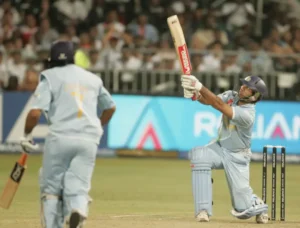
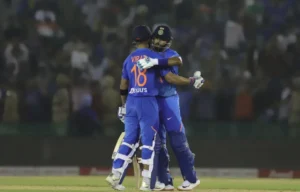

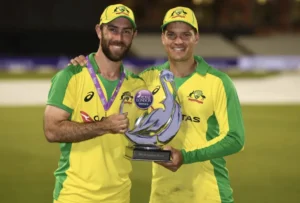
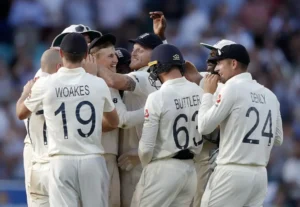
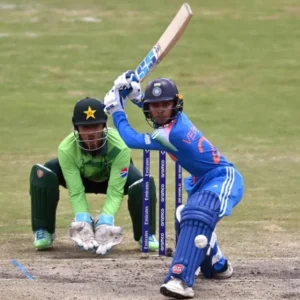
Comments